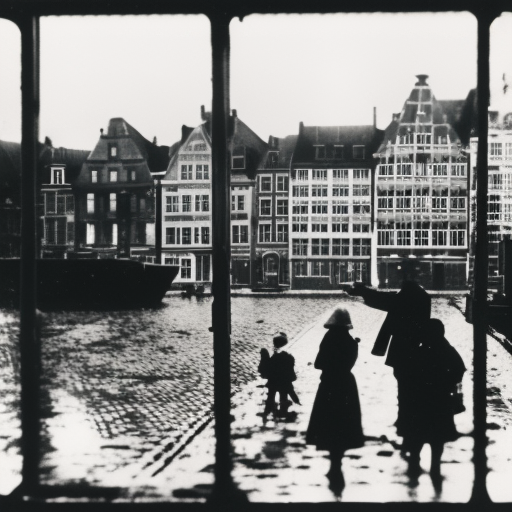Summary:
The German invasion of Belgium in 1914 was a crucial event that marked the beginning of World War I. Despite Belgium’s neutrality, Germany saw the country as a strategic obstacle to its plan for a quick victory over France. The invasion of Belgium not only violated international treaties but also sparked international outrage and led to the involvement of other major powers in the conflict.
Background:
In the late 19th and early 20th centuries, tensions were rising between European powers due to territorial disputes, arms races, and complex alliances. Germany, under Kaiser Wilhelm II, aimed to establish itself as a dominant force in Europe. To achieve this, Germany devised the Schlieffen Plan, a military strategy that involved a swift invasion of France through neutral Belgium.
German Invasion:
On August 4, 1914, German forces crossed the Belgian border, violating Belgium’s neutrality and sovereignty. The German army, equipped with modern weaponry and superior numbers, quickly overwhelmed the Belgian defenses. Despite their brave resistance, Belgian forces were unable to halt the German advance.
International Reaction:
The German invasion of Belgium shocked the international community and violated the Treaty of London, which guaranteed Belgium’s neutrality. The invasion prompted Britain to declare war on Germany, as it was a signatory of the treaty. France also saw the German invasion as a direct threat and mobilized its forces to defend its borders.
Belgian Resistance:
Although Belgium faced overwhelming odds, its resistance played a crucial role in delaying the German advance. Belgian forces, supported by fortifications such as the famous fortress at Liège, put up a fierce fight. The Belgian army’s resistance allowed France and Britain valuable time to mobilize their forces and prepare for the defense of their own territories.
German Occupation:
Despite the valiant efforts of the Belgian army, German forces eventually occupied the country. The occupation was marked by harsh treatment of the civilian population, including forced labor, requisitioning of resources, and reprisal killings. The German occupation of Belgium further fueled international outrage and strengthened the resolve of the Allies to defeat Germany.
Impact:
The German invasion of Belgium had far-reaching consequences. It led to the involvement of major powers in World War I, as Britain and France were compelled to defend Belgian neutrality. The invasion also violated international law and norms, setting a precedent for future conflicts. The atrocities committed during the German occupation of Belgium further galvanized public opinion against Germany and contributed to the Allies’ determination to achieve victory.
Conclusion:
The German invasion of Belgium in 1914 was a pivotal event that marked the beginning of World War I. Despite Belgium’s neutrality, Germany saw the country as a strategic obstacle to its plan for a quick victory over France. The invasion not only violated international treaties but also sparked international outrage and led to the involvement of other major powers in the conflict. The resistance of the Belgian army and the subsequent German occupation had a profound impact on the course of the war and the attitudes of the Allies towards Germany.












